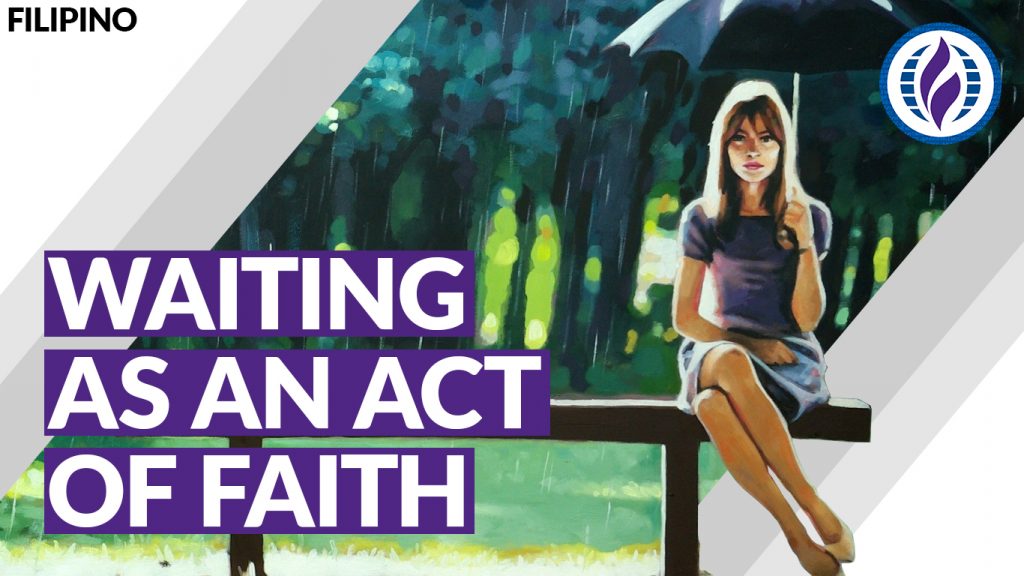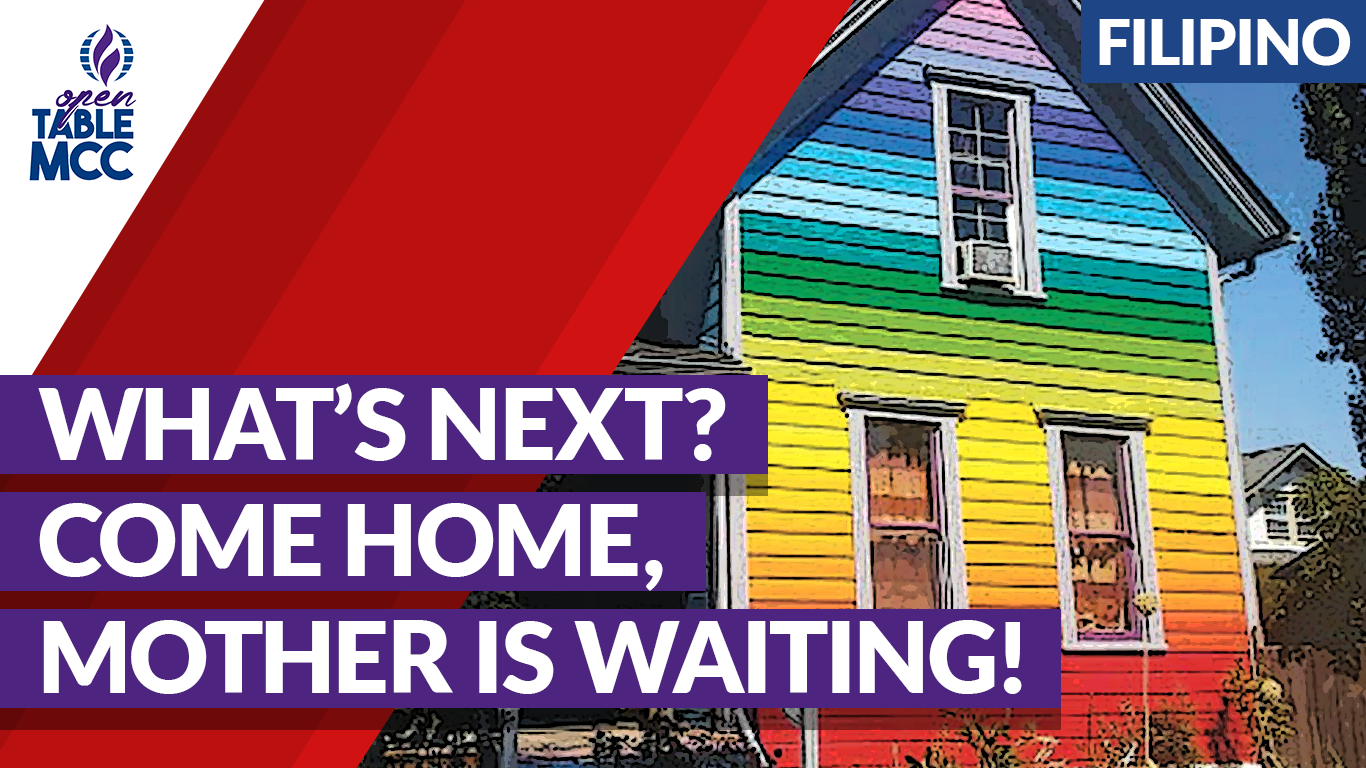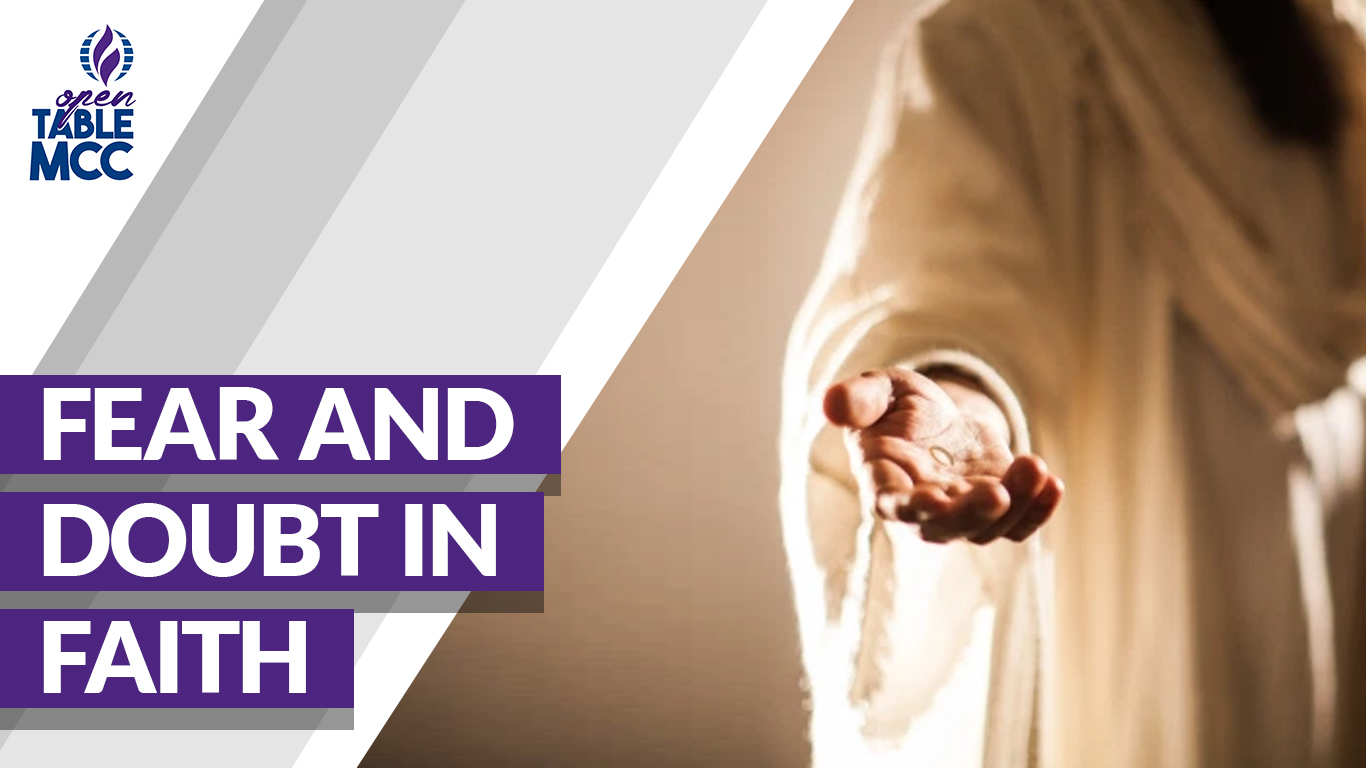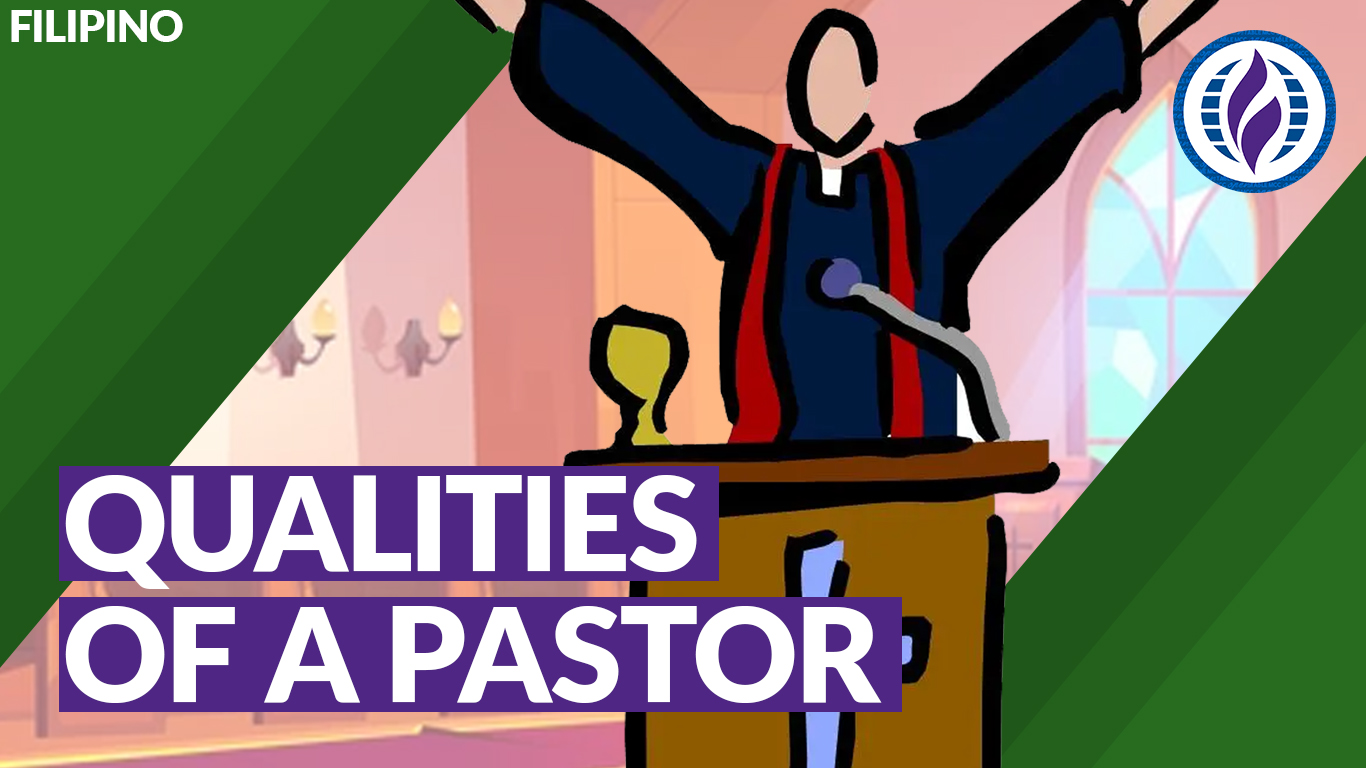Volunteer Lay Preacher:
Sib. Dandy Dy-Liacco
Then he said to them, “These are my words that I spoke to you while I was still with you—that everything written about me in the law of Moses, the prophets, and the psalms must be fulfilled.” Then he opened their minds to understand the scriptures, and he said to them, “Thus it is written, that the Messiah is to suffer and to rise from the dead on the third day and that repentance and forgiveness of sins is to be proclaimed in his name to all nations, beginning from Jerusalem. You are witnesses of these things. And see, I am sending upon you what my Father promised, so stay here in the city until you have been clothed with power from on high.”
Then he led them out as far as Bethany, and, lifting up his hands, he blessed them. While he was blessing them, he withdrew from them and was carried up into heaven. And they worshiped him and returned to Jerusalem with great joy, and they were continually in the temple blessing God.
Scripture Reading
Luke 24:44-53 (NRSV)
When pastor Joseph assigned me the reading to preach on today, I thought: “this is a hard one.” Because, isn’t this part at the end of the book? Hasn’t everything already happened?
Well. I came to discover a valuable lesson, to be found in these 10 verses, and the first chapter of acts – a lesson relevant and applicable to our lives today. And it has to do with waiting.
Looking at the literary context: The Gospel of Luke and the Acts of the Apostles were written as a two-part series. In the Gospel of Luke, Jesus lived his life on Earth, instructed his followers on how to live, then he suffered, died, and rose again. In the Acts of the Apostles, we’ll see how Jesus’ followers spread His teachings and organized His church after their teacher was no longer with them in body.
The part of the story we find the apostles in now, is between the conclusion of one chapter, and the start of the next. Between receiving their mission from Jesus (to tell how they witnessed his suffering, death, and resurrection, and to proclaim the repentance and forgiveness of sin to all nations starting in Jerusalem), and before the apostles received what they need, to carry the mission out (that is, the Holy Spirit).
In this in-between moment, we find the apostles… waiting.
There are many times in our lives where we might find ourselves in similar situations.
Waiting for a groupmate or coworker to finish their part of the project so we can do ours. Waiting for the boss to give us the materials we need in order to do our task.
Waiting can leave us feeling bored, restless, unfulfilled. We might be eager to take action.
The PLHIV experience a kind of waiting that’s common among people with chronic illnesses. Waiting outside doctors’ offices. Waiting for lab work or test results to come in. Waiting to hear back from your doctor when you text them about a new symptom or development.
Waiting can be a time of anxiety. When you don’t have answers, when you don’t know what happens next.
It’s in these times, of uncertainty and vulnerability, when we’re not in control, that I find waiting is an act of faith.
It takes faith, to stand back and trust that the other party will do their part. It takes faith to rest easy. And believe, internalize, that your turn to act will come.
And this is hard. It sucks to not know. To have no control. It’s especially true when you’ve had an experience like this before and you were let down. Or when the person or body or institution has not done a lot to foster much trust.
So what can we do? To make it less hard. Reduce the anxiety of waiting, and make the most of our time?
Let’s turn back to the apostles, and see what they did as they waited. What lessons will we be able to learn, and apply to our lives today?
Turn to God in praise, prayer and scripture. 2. Be in community. 3. Prepare.
Turn to God. In praise, prayer, and scripture.
Subsection 1.a: Praise God.
The apostles, it’s said, after Jesus ascended: went to the Temple and blessed the Lord. They worshipped Jesus, it’s said, with great joy!
How would this look in our context today? Singing praises to God. Giving thanks.
And here’s why this helps: When we remember God’s promises – how God’s seen us through in the past. Both in our own individual lives and as a church across all of this time. It brings to the front of our mind the evidence – for why we are in good hands.
In cognitive behavioral therapy, I was given this worksheet to do. I’d fill it with, “what am I worried about?” and, “what is the evidence this won’t come true?” and, “In the event that it does come true, how will I handle it? Will I, eventually, still be ok?”
When I remember that God, the most powerful being that is, loves me, watches over me, and wants to see me flourish. When I remember that God is with me, even when things are most dark. Then I have access to a great source of comfort.
Subsection 1 b! is Prayer.
The apostles devoted themselves to prayer. The eleven disciples, and women among them!
So why should we pray? How does it help us relieve our anxieties?
When we hand over to God, our worries and struggles and fears. We entrust them to God, that God will take care of the things we can’t control. When we do this, the burdens can weigh on us less. If we can’t control it, it’s not ours to carry. So just let it go, and leave it to God.
And what about things within our control? Difficult choices we may have to make. We can pray to God for guidance.
What does this look like? Well, for me, I keep a prayer journal. Writing helps me sort out my thoughts. I’ll write out my problem. My feelings and thoughts. Ask God for help. Write down my options. Doing this gives me clarity.
How is this different from regular journaling, in which there’s no God involved? Believing that my concerns are heard, and I am not alone. That somebody knows how much I am struggling, and cares with all their love.
So how can we get an idea, of what God wants us to do? We can familiarize ourselves with God’s character, and for that we turn to scripture.
The scriptures give us a window, to Christians and Jews in the past. What choices they made and how they played out. What they believed, and how they acted in doubt. We see God’s promises and God’s instructions.
Reading scripture reinforces all the other points I make here. This is how:
Want to see more about how God keeps promises? You can find examples in scripture!
Want samples of prayers? Want to see what God tells people in different situations? You can find examples in scripture!
At the start of the reading in Luke, Jesus reminds his apostles of the things he taught them while he was with them, and he opens their minds to understand the writings of the Old Testament with new insight. We’re blessed to have Jesus’ teachings, and the Old Testament available for us to learn from today.
Here’s another thing about scripture: these stories about the first Christians, allow us Christians today to have a connection to our ancestors in the faith, ties us together in a community that stretches across time.
This brings me, at last, to point 2: Be in community.
The apostles went through these things together. Not just the 11, and Mary, and Jesus’ brothers: the community of Jesus’ followers numbered about 120.
How does this help: You aren’t alone. You don’t have to go through your struggles alone. We can lend each other support. One member of our church to another. One organization supporting another. How Open Table is working with Free to be Me and Metro Manila Pride.
And we as a movement of liberation for the LGBT+ should stand with other marginalized sectors. Like the PLHIV. And PWDs more broadly. Major depression, anxiety disorders, PTSD, and other kinds of neurodivergence like autism and ADHD are disabilities that occur in our community. (Also blindness, hi Trix!) We should learn about the different axes or kinds of oppression, from the people most affected. Because the people with the most first hand knowledge of a kind of discrimination know what it looks like the most. And they know what helps the most. We should care because, firstly, it’s the right thing to do. Secondly, to support the members of our community in the intersection of being LGBT and the other oppression. And thirdly because these axes or modes of oppression affect us all.
Let’s take ableism as an example. Ableism says, if you have a weakness in your body/mind, and need support for it, especially if it’s a kind of support most people don’t need, then that’s a you problem. If you can’t do things everyone else can do because of your disability, ableism will treat that like it’s your fault. Like you’re not trying hard enough. Ableism is not considering people who can’t access places or resources or opportunities because of their disability. Ableism is when you allow them to get left behind.
How does ableism affect everyone?
Internalized ableism. When you don’t want to start wearing glasses or hearing aids or a brace even though you know you need to. When you get sick, and refuse to accommodate for the current limitations of your body, and force yourself to try to achieve all the things you would with a healthy body.
Machismo, toxic masculinity that laughs at boys who aren’t athletic, that punishes perceived weakness? That has a root in ableism. The way men are more likely to die from suicide, because showing weakness, asking for support, is so stigmatized? That has a root in ableism. If you’ve ever thought yourself better off dying young, than living to be old and dependent on others, because you think your value as a person lies in what you can do – that is to say, on being able-bodied? That is also ableism.
When we remove structural barriers and unlearn ableist thinking, like when we guarantee sick leave and recognize that all people deserve dignity regardless of what they can or can’t do.
This benefits those most affected, and everyone else as well.
All oppressions are connected. As people with different experiences, we can offer each other perspective. No person alone, no one demographic alone, has the whole picture.
And that brings me to my final point: prepare.
When we wait, it gives us an opportunity to rest, to wind down between periods of action. It is also an opportunity to gather ourselves, and ready our next move.
Peter addressed the gathered community, about filling a leadership role. They elected two candidates, and prayed for God’s guidance, cast lots, and that’s how one was chosen. This, I’d say, was an act of preparing, by the first of Jesus’ followers, before they came out to the world, to proclaim the good news.
How does this look today? We as a church discuss plans with our members in congregational meetings. We hear your perspectives, pray and prepare before we launch our projects. Free to be Me. The Metro Manila pride concert number.
When we look at our queer history, we see examples of massive protests, which had to be planned and organized. For example: In the 80s, during the AIDS crisis, there were protests known as die-ins. There was one where over five thousand, gathered in front of a New York cathedral. Hundreds of activists entered the church, and laid down between the pews. Symbolizing all of the people who died, from the government’s inaction. From the government, society, and the church, all acting like AIDS, an illness, was the fault of the victims.
ACT UP, an AIDS activist group, organized this together with WHAM!, a group focused on women’s heath, who protested the Catholic Church’s blocking of abortion. In solidarity across demographics, is how they achieved such strength in numbers.
Ironically, this demonstration was called “Stop the Church”. But as I see it, calling out injustice, demanding accountability, and change, that is just like what the prophets did. It’s in line with what Jesus did.
These are Sisters of Perpetual Indulgence at that big protest. Their organization recognized MCC’s founder, Troy Perry, as a saint.
Open Table MCC has roots in LGBT activism. And we are a church, descended through common teaching, from those first century Christians.
When we wait, let us do so as an act of faith. Let us turn to God, in praise, prayer, and the reading of scripture. Let us confer with community, to share support and gain perspective. And may we do these as part of preparation. So when it’s time to come out to the world and make a statement, bongang bonga ang handa natin.
Podcast: Play in new window | Download
Subscribe: Apple Podcasts | Spotify | RSS



